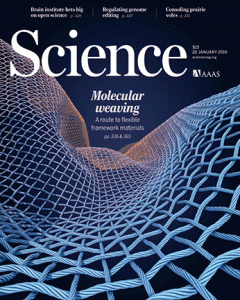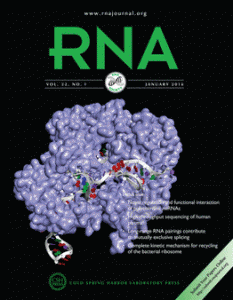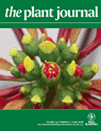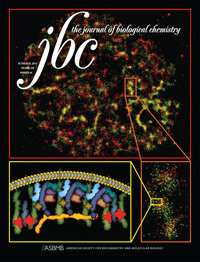
The Swiss National Science Foundation has stopped funding prominent plant scientist Olivier Voinnet, following months of questions about his work that have culminated in multiple retractions and corrections.
The agency confirmed to us that it has also banned Voinnet from seeking funding from the SNSF for three years.
We asked the SNSF the amount of funding Voinnet was receiving from SNSF at the time of this decision. They told us it was 1.25 million Swiss francs, equivalent to roughly the same in U.S. dollars.
By our count, Continue reading Swiss funding agency cuts off Voinnet, bans him for 3 years






